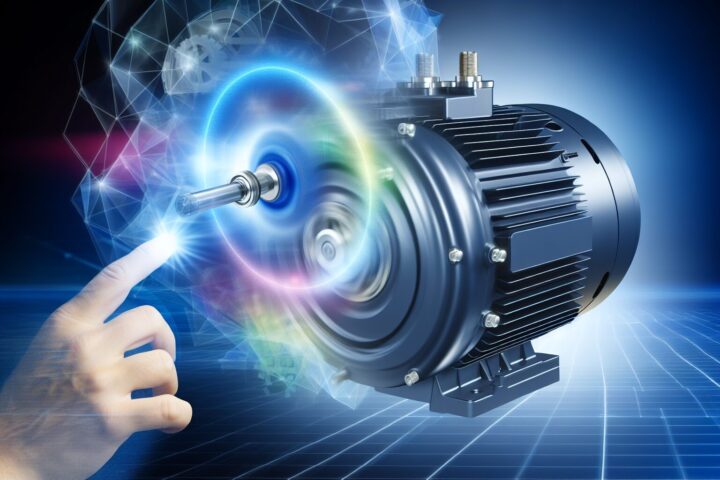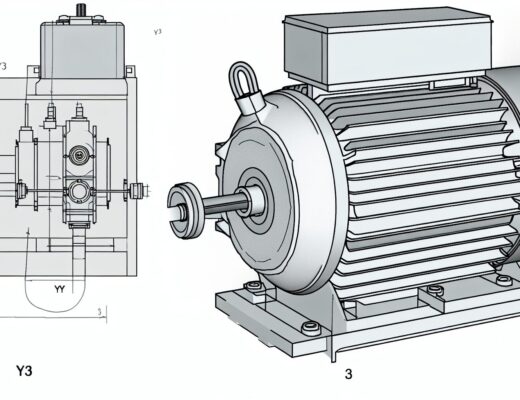Electric motors play a crucial role in various industries, powering everything from household appliances to large industrial machines. As the demand for more efficient and environmentally-friendly technologies grows, the development and advancement of electric motors have become increasingly significant. This article aims to explore the benefits and applications of electric motors, while also shedding light on innovative developments in the field.
Benefits of Electric Motors
One of the primary advantages of electric motors is their efficiency. Unlike internal combustion engines, electric motors convert electrical energy into mechanical energy with minimal energy loss. This efficiency leads to reduced operating costs and lower emissions, making electric motors a sustainable choice for shaping the future of transportation and manufacturing. Furthermore, electric motors require less maintenance than their traditional counterparts due to the absence of complex moving parts.
In practical applications, electric motors are found in a multitude of devices and machines, from electric vehicles to conveyor belts in factories. Their versatility makes them suitable for various tasks, whether it’s driving a fan in an HVAC system or propelling an electric car at high speeds. Companies like electric motors manufacturers are innovating continuously, leading to more robust, compact, and energy-efficient designs that further enhance performance in numerous sectors.
In conclusion, electric motors are transforming the way we think about energy consumption and machinery. With their efficiency and versatility, they are likely to dominate both residential and commercial markets in the future. As technology advances, the evolution of electric motors will continue to pave the way for more sustainable solutions. For those interested in learning more about electric motors and their applications, we recommend visiting VYBO Electric for additional information.




